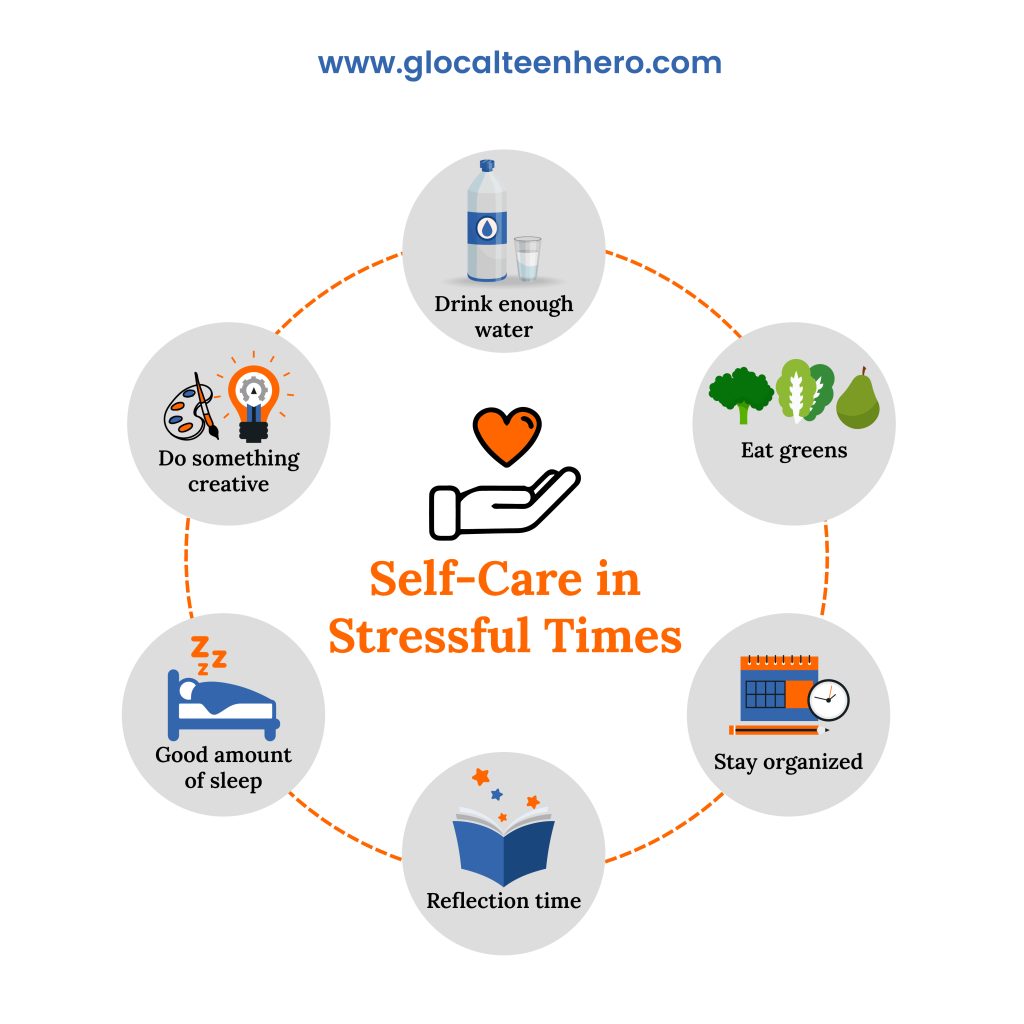Mastering the skill of effective communication is a valuable asset that can elevate interactions in various situations. Some individuals effortlessly navigate challenging conversations and establish rapport, making communication seem effortless.
Improving communication is a gradual process that involves practice and guidance, and it’s important to recognize that effective communication looks different for everyone based on their communication styles, whether introverted or extroverted. This blog post will offer tailored tips for introverts to enhance their communication skills. It’s crucial to understand that being introverted doesn’t automatically equate to poor communication, just as being extroverted doesn’t guarantee mastery. Let’s delve into strategies designed to help introverts communicate more confidently and effectively.
Tips to communicate better as an Introvert,
-
- Attentive Listening: Being recognized for their exceptional listening skills, introverts often receive praise for this admirable quality. While encouragement to listen more is common, the nuances between passive and active listening are rarely explored. Passive listening involves mere hearing, while active listening demands comprehension and thoughtful responses. Aim to be an active listener, demonstrating engagement through nods, expressions, and genuine interest without feeling obligated to contribute verbally.
- Expressing Thoughts with Purpose: Sometimes, introverts might feel pressured to always be ready to talk and engage in conversations at work to get noticed. But the important thing is to understand that you don’t have to be chatty all the time. Instead, focus on speaking up when you have something valuable to say. Don’t believe that talking a lot is the only way to get noticed; it’s more about the quality of what you say rather than the quantity.
- Confidence in Your Unique Perspective: To communicate well, you need to trust yourself. Believe that what you have to say is important and can make a difference in conversations. It’s important to overcome any worries about criticism. Remember that it’s normal for people to give feedback, and the worst that can happen is someone not liking your idea.
- Proactive Meeting Involvement: If participating in meetings feels uncomfortable, adopt a proactive approach. Prepare in advance by creating a mental list or writing down notes to express your thoughts during the meeting. This proactive strategy allows introverts to contribute meaningfully without feeling pressured at the moment.
- Confronting Face-to-Face Interactions: While some interactions can be managed through phone or email, face-to-face communication is inevitable. Introverts can address communication fears by taking the initiative. This may involve steps such as seeking therapy to manage communication-related anxiety and fostering more effective and authentic interactions.
Embracing Communication Strengths
By embracing active listening, purposeful self-expression, and self-trust, introverts can enhance their communication strengths. Confident and authentic communication enables success in the business world. Remember, communication skills are not just a valuable asset for introvert; they catalyze both personal and professional growth.


